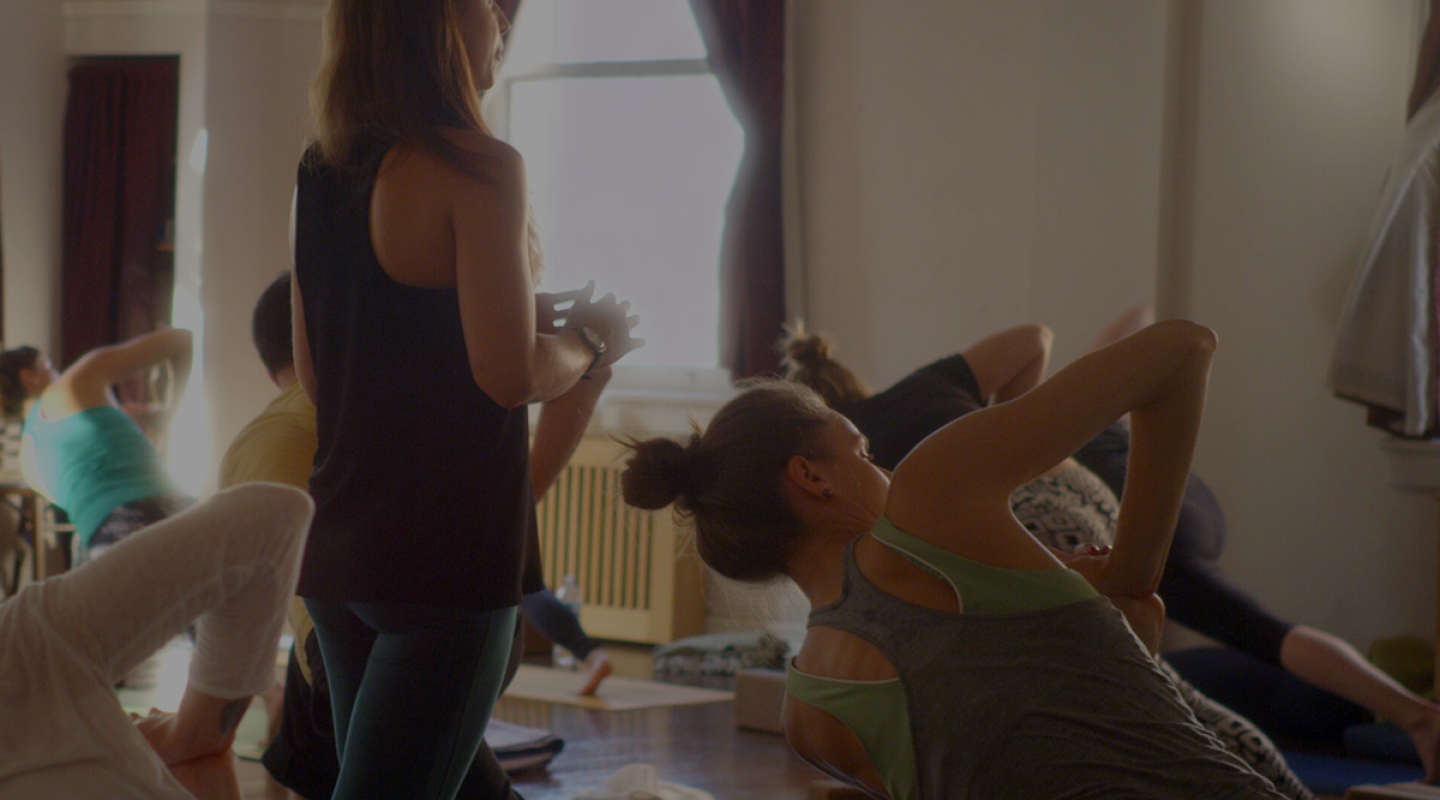
Wing Tips: Modern Solutions for Business Travel Relief with ClassPass
CEO Payal Kadakia takes her passion for dance and creates the workout solution we've been waiting for.
When it comes to exercise, even the most dedicated among us can find a reason to skip it every now and again. Maybe the class you wanted to attend is booked, or you're stuck late at work all the way across the city from your gym. Maybe you're traveling for work or vacation, and you're having trouble tracking down the type of class you normally go to. It could be that you're just mired in a rut and uninspired to go back through the same old motions another night in a row.
Maybe, like for Payal Kadakia, figuring out a way to balance the need for exercise and a busy schedule started to seem overwhelming. That's what led to the idea behind ClassPass.
“In running my own company, I was too busy for a while, and I thought maybe I'll stop dancing for a bit. It was the worst decision ever. I just lost my creativity and my drive,” she says.
But finding a class for the classically-trained dancer, who also founded the internationally well-regarded SA Dance Company, wasn't always easy. That's when the idea for a search engine type service for fitness classes came to her.
The way it works is this: You sign up for a monthly subscription to ClassPass for $99, and, depending on what city you're in, you can choose from up to a couple hundred different options. It could be yoga, holistic dance, core cardio, Zumba, spinning, ballet, rock climbing, and everything in between. Once you're a member, you can attend an unlimited amount of classes for the month, with the caveat that you can't return to the same class more than three times. It's a way of making sure people don't take advantage of the discount the app offers, but also has the added bonus of inspiring you to look outside of your comfort zone and try new things. It's a journey that can pay dividends in both physical, and, maybe more importantly, mental well-being.
“We've helped so many people find classes and stay active,” she says. “My whole thing is that it isn't just about going and working out, it's about the mind-body connection which makes your life happier. ClassPass to me is people are choosing a lifestyle to live, it's saying yes I want to work out and live my healthiest happiest.”
As of now it's available in Boston, Chicago, New York, Los Angeles, San Francisco, and Washington D.C, but based on the some 700,000 reservations they've book since they launched, that's like to expand.
Developing a business like this seems like it was destined to be for Kadakia. While it may be something of a stereotype, we don't tend to think of there being much overlap between the fields of management consulting and economics and artistic creativity. But for Kadakia, balancing the left and right sides of her brain has been at the center of her life since she was a child.
The 31 year old received her degree from MIT in Operations Research and Economics, before going on to work as a consultant at Bain & Company, and later in Digital Strategy and Business Development at Warner Music Group. But all along the way, dance, and in particular the cultural traditions of Indian dance, which were passed down to the New Jersey-born Indian American by her mother, has been at the center of her life since she was three years old.
“I think it's what made me feel like I didn't fit in on either side. I always had a double identity and I struggled with it,” she says of straddling the fence. But the two aspects of her personality aren't quite as distinct as one might think.
“I remember at MIT we had to write an essay about something mathematical that you do in your extra time. I basically wrote about how dance to me was geometry, it was all shapes.”
Choreography too is like solving an equation she says. “When I was 5 years old I saw people dancing in my head. In college I would choreograph for the cultural shows, and in my notes I would actually create formations of people, it was how my whole brain worked. It was pretty interesting, at a place like MIT I could be like, 'Ok, now everyone is moving in a 90 degree angle,' and everyone would know what I was talking about.”
For Kadakia, who also founded the internationally well-regarded SA Dance Company, helping other people find whatever sort of activity it is that drives them is essential.
